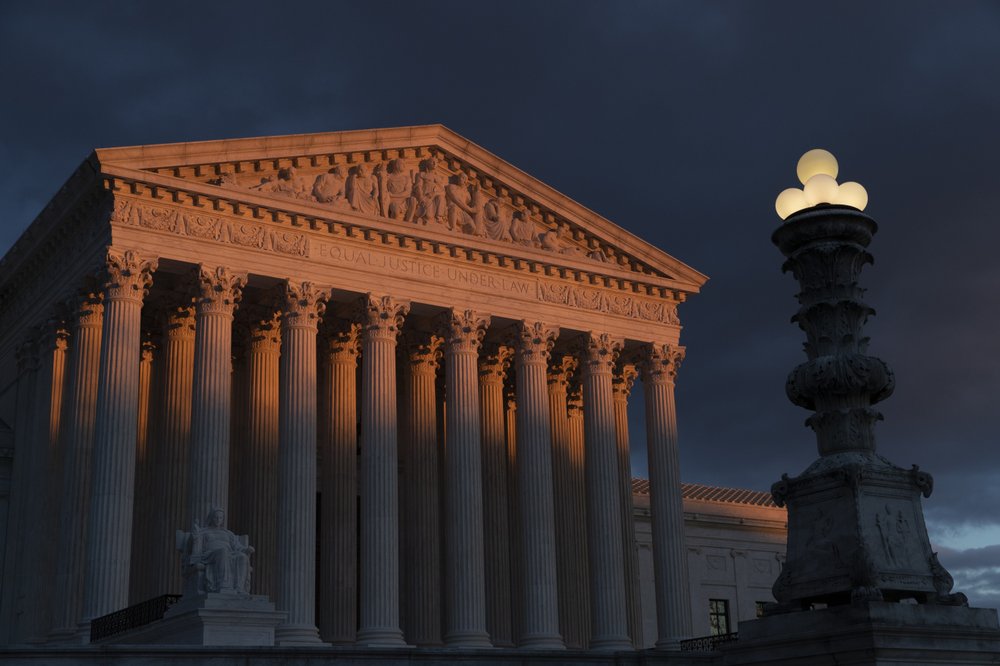National
Tribes, states seek review of Native child adoptions case

FLAGSTAFF, Ariz. (AP) — The U.S. Supreme Court has been asked to review a case that centers on whether Native Americans should receive preference in adoptions of Native children.
The 5th U.S. Circuit Court of Appeals issued a sharply divided ruling in April over the federal Indian Child Welfare Act. The law gives Native American families priority in foster care and adoption proceedings involving Native children, and places reporting and other requirements on states.
The appeals court upheld the law and Congress’ authority to enact it.
The judges, however, invalidated some of the law’s placement preferences, including for Native American families and Native foster homes, saying they violate equal protection rights under the Constitution.
The court also ruled that some of the law’s provisions unconstitutionally control the duties of state officials in adoption matters.
Now, four petitions are seeking review. They ask the U.S. Supreme Court to decipher the complex ruling that had multiple partial dissents and partially concurring opinions. On some issues, a majority of the appeals court agreed. On others, the court tied, meaning the original decision from a U.S. District Court in Texas on the issues prevailed. The appeals court ruling on the issues isn’t considered precedential.
The states of Texas, Louisiana, Indiana and seven individuals — three non-Native couples and the biological mother of a Native American child that was adopted by a non-Native family — want the law thrown out. The children are enrolled or potentially could be enrolled as Navajo or Cherokee, White Earth Band of Ojibwe, and Ysleta del Sur Pueblo.
The district court sided with the states and individuals who argued the Indian Child Welfare Act was unconstitutional because it was racially motivated and violates the Equal Protection Clause.
A panel of the 5th Circuit disagreed with the lower court. The majority of the court agreed to rehear the case and upheld the determination that the law is based on the political relationship between federally recognized tribes and the U.S. government, not race.
The lead defendant — the U.S. Department of the Interior — and a handful of Native American tribes are asking the Supreme Court to determine whether the plaintiffs had standing to challenge the law’s placement preferences. They’ve long championed the law as a way to protect Native American families and their cultures and want it kept wholly intact.
The case is the most significant challenge to the Indian Child Welfare Act since it was passed in 1978. Studies have shown that before then, up to one-third of Native American children were being taken from their homes by private and state agencies, including church-run programs, and placed with mostly white families or in boarding schools in attempts to assimilate them.

